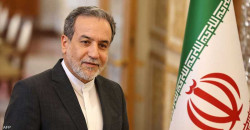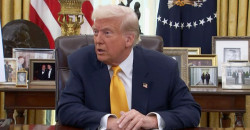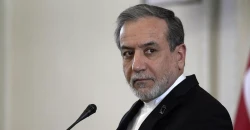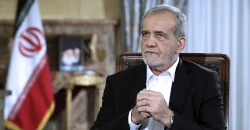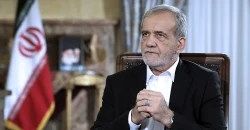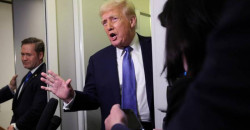Iran Signals Willingness for Nuclear Talks with US Amid Hostage Release and Diplomatic Moves
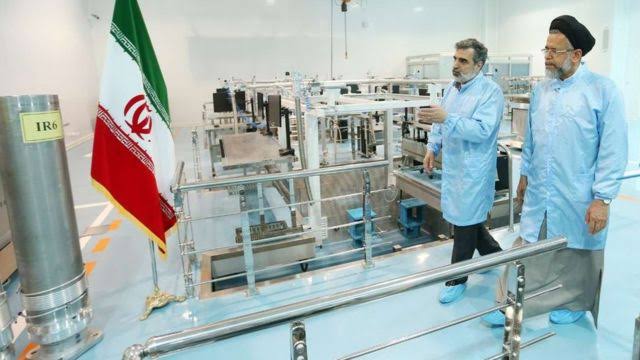
Shafaq News/ Iran is reportedly making strides towards engaging in meaningful nuclear talks with the United States, a notable development following the release of American hostages and the thawing of frozen funds.
According to the Wallstreet Journal, observers note that Tehran has deliberately slowed its enriched uranium accumulation, a key ingredient in nuclear weapons production, and reduced specific stockpiles. The restraint is seen as a positive step towards preventing nuclear weapon proliferation.
The announcement comes on the heels of Iran's release of four American citizens from prison to house arrest – the initial step in a broader prisoner exchange agreement anticipated to facilitate their eventual return to the United States.
Experts point out that if Iran fulfills its commitment to release American detainees, it could unlock substantial oil revenues currently held in South Korea under sanctions. WSJ said.
The Journal revealed that US and European officials have communicated to Iran that reducing tensions this summer could pave the way for broader discussions later in the year, including those concerning Iran's nuclear activities. The Biden administration is keen on avoiding a significant crisis with Tehran in the lead-up to the upcoming presidential elections.
Critics, however, argue that the US could be rewarding Iran for temporarily halting its nuclear endeavors and releasing American hostages while intensifying regional threats and aiding Russia in its conflict with Ukraine.
Since the US withdrew from the 2015 Iran nuclear deal, Iran has rapidly expanded its nuclear program. Efforts to revive the accord during the Biden administration faltered last year.
Iran's enrichment of uranium to 60% is particularly concerning, a level that American officials assert could be transformed into sufficient nuclear weapon material within two weeks.
The United Nations' International Atomic Energy Agency is poised to release its following report on Iran's nuclear activities later this month or early September.
While the halting of 60% uranium stockpiling is a positive move, it's worth noting that Iran would still possess enough material for at least two nuclear bombs.
US officials have warned that Iran might possess a nuclear weapon within months.
After confidential indirect discussions this spring involving senior American and Iranian officials, the Biden administration outlined several measures they hope Iran will take to ease tensions. These include improved cooperation with the International Atomic Energy Agency (IAEA) and a cessation of attacks conducted directly or by proxy on US personnel and forces.
In return, Iran is set to receive nearly $6 billion from South Korea's frozen energy sales and potentially additional funds from the International Monetary Fund.
Although prospects for resurrecting the 2015 nuclear deal appear slim, US officials emphasize their commitment to diplomatic efforts in averting a nuclear crisis.
Should de-escalation efforts prove successful, both sides may convene on the sidelines of the United Nations General Assembly next September to devise a comprehensive plan for further negotiations, as detailed in the Wall Street Journal report.
As of late March, there has been a noticeable decrease in severe attacks by Tehran or its proxies on US forces in the region. However, the recent deployment of planes, ships, and marines to the Gulf underscores ongoing concerns about Iranian threats to shipping in the area.
Henry Rome, a political analyst at The Washington Institute, suggests that both sides are pursuing selective de-escalation in some aspects while potentially escalating in others, reflecting differing interpretations of the scope of de-escalation.
